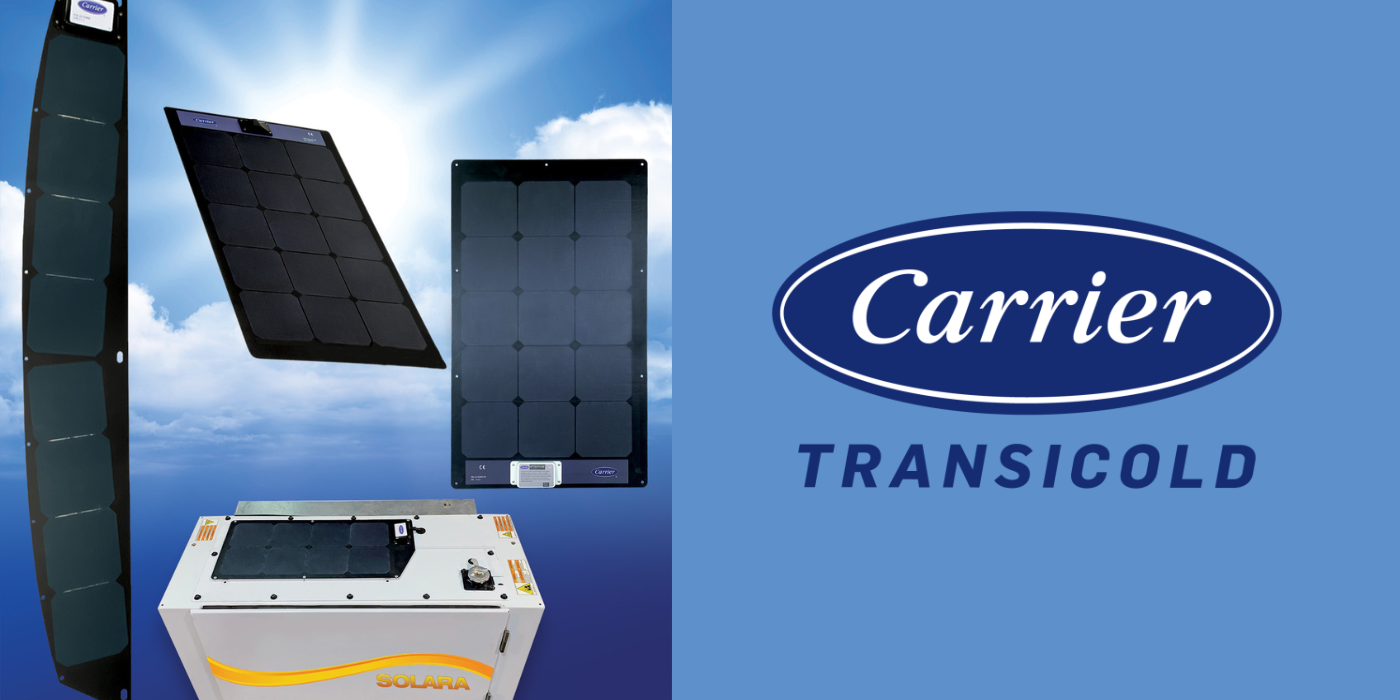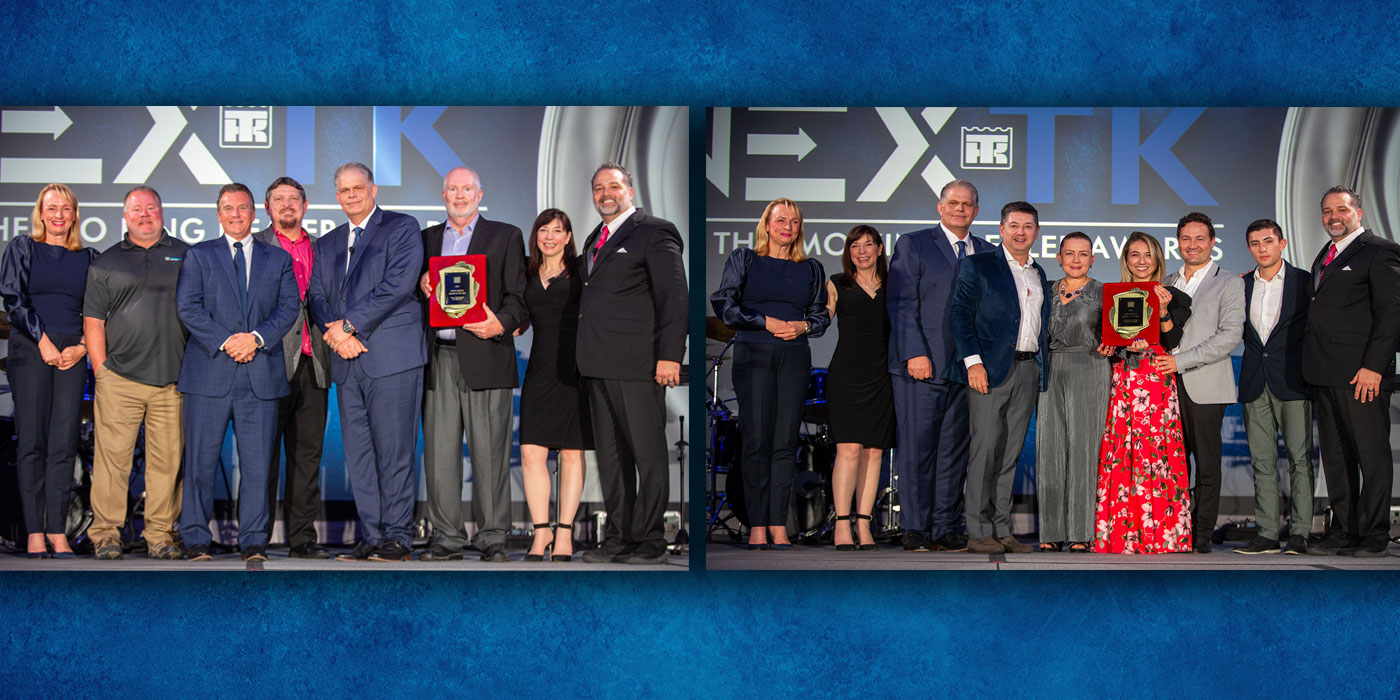The California Air Resources Board (CARB) has delayed, onceagain, the initial compliance deadline for its Airborne Toxic Control Measure(ATCM) for in-use diesel-fueled transport refrigeration units (TRU) and TRU genset and facilities where TRUs operate. Enforcement of the regulations’ in-useperformance requirements for TRU engine model years 2001 and older will nowcommence Dec. 31, 2009.
The compliance deadline was originally Dec. 31, 2008, butwas postponed until July 17, 2009, as a result of the U.S. EnvironmentalProtection Agency’s delayed approval, which was granted Jan. 16, 2009. CARBprovided a six-month enforcement grace period to allow carriers additional timeto pursue compliance methods.
CARB says it is extending the compliance deadline to Dec.31, 2009 because as the close of the grace period approached, it became clearthat several thousand TRUs were not in position to comply by mid-July. Thereasons for this included: lack of timely action by TRU owners, higher costsfor compliance than originally anticipated, some retrofit systems not becomingavailable until May 2009, tightening of credit and longer lead times fordelivery of systems.
The regulations use a phase-in approach during the next 13years to reduce diesel particulate matter (PM) emissions from TRUs and TRUgenerator set engines that operate in California. Any carrier operating a TRUwithin California must comply with the in-use performance standards, regardlessof whether vehicles are registered in or outside of the state.
There are two levels of stringency for in-use performancestandards, which vary by horsepower range: low emission applies to transportrefrigeration units model year 2002, and older, and ultra-low emission – formodel years 2003 and subsequent. These standards can be met by using a TRUengine that meets the required engine certification value, or by retrofittingthe engine with the required level of CARB verified diesel emissions controlstrategy (VDECS), such as diesel particulate filters. Among the diesel emissioncontrol strategies verified by CARB:
• Dinex Exhausts’ Dinex DiSiC Level 3 Plus dieselparticulate filter (www.dinexexhausts.com).
• Huss Filters’ FS-MKS Level 3 diesel particulate filter(www.huss-filters.com).
• Proventia’s FTF and Bobtail FTF Level 2 Plus flow-throughfilters (www.proventiafilters.com).
• Rypos’ DPF/LETRU Level 2 Plus diesel particulate filter(www.rypos.com).
• Thermo King’s PDPF Level 2 Plus flow-through filter(www.thermoking.com).
Alternative technologies can also be used to meet the lowemission and ultra-low emission in-use performance standards. These includeelectric standby, hybrid electric/ diesel equipment, all-electric truckrefrigeration solutions and cryogenic temperature control systems or hybridcryogenic temperature control systems. Additionally, other technology approvedby CARB to not emit diesel PM or increase public health risk near a facilitycan be used.
Other compliance options being investigated that couldbecome available in the future are alternative fueled engines, alternativediesel-fueled engines and fuel-cell powered temperature control systems.Development work on compressed natural gas (CNG) and liquefied petroleum gas(LPG) was done, but never made it to market.
Biodiesel is close to completion of the multi-mediaassessment, but then a biodiesel producer would need to apply to CARB forverification of B100 (pure biodiesel) as a VDECS. Once biodiesel is approved asa VDECS, it can be used as a compliance option, but not until then.
Timetable
The TRUs compliance schedule starts model year 2001 or olderengine, which requires that these engines be replaced or retrofitted withCARB-verified diesel emission control devices or technology to reduce PMemissions by 50%. California-based TRUs must register with CARB and have CARBidentification numbers placed on the units.
These same units must have at least at an 85% PM reductionon or before 2016.
The next in-use performance standards compliance deadlinedate–– for TRU engine model year 2002––is Dec. 31, 2009. These units must alsoreduce PM emissions by 50% by the end of the year and by 85% on or before 2017.
Model year 2003 units must reduce PM emissions by at least85% by the end of 2010; model 2004 and beyond by Dec. 31 of the model year plusseven years.
Enforcement
Enforcement of TRU ATCM in-use performance standards will bedone by CARB officials through inspections at border crossings, weigh andinspections stations, terminals, distribution centers, truck stops and anywhereelse TRUs are operating.
CARB officials will also be auditing records and paperwork.Failure to register may result in a $300 per unit penalty. Violations of in-userequirements could result in penalties that range from $500 per unit or up to$1,000 per day per violation. Penalty provisions are set forth in the
Fleets
Refrigerated fleets are coping with the CARB TRUrequirements in a variety of ways. While there has been an awareness of theimpending regulations, “many fleets have delayed action, hoping that industryassocia-
tions would successfully push to overturn the legislation,”says Bud Rodowick, Thermo King’s manager of fleet performance.
While delivering CARB compliance seminars over the past fewyears to hundreds of customers, Rodowick has been surprised by the number offleets that are just beginning to learn of or have been misinformed about theregulation. He has also heard from a number of fleets that say they simplyaren’t going to haul freight in and out of California.
The “on-again, off-again” mixed messages fleets receivedfrom the various agencies and associations involved have contributed to areluc-
tance to act, adds David Kiefer,
Carrier Transicold’s director of marketing and productmanagement. It has been difficult for the average fleet owner to justify thehigh cost associated with compliance not knowing whether or not the legislationwould actually stand.
“The District of Columbia Circuit Court of Appeals isscheduling a review,” Kiefer says. “This has some fleets wondering whether theyshould hold off on this big expense or not, and that’s a pretty big gamble.”
Cost of compliance for CARB-
verified diesel emission control strategy currently rangesfrom about $4,000 to $7,000. The cost to replace a TRU engine varies from$4,000 to $10,000. That’s quite a bit of money to ask fleets to invest in anold TRU, especially at a time when so many fleets are already struggling, saysKiefer. “If the cost of compliance were only a couple hundred dollars, wewouldn’t even be discussing this.”
The appropriate compliance solution is dependent uponseveral key issues, including capital availability to invest in newrefrigerated trailers or compliance, and the TRU itself, agree Kiefer andRodowick.
For TRUs with low hours––meaning the major components likethe compressor, evaporator coil and microprocessor are in good shape–– fleetstend to replace just the engines because the result is a “like-new” TRU, saysKiefer.
Fleets with TRUs that have experienced heavy use areinclined to invest in new TRUs instead of replacing the engine. “A new enginein an older, high-hour unit may not make sense,” says Rodowick. “In many cases,it’s more advantageous in terms of overall cost of ownership to purchase a newTRU.”
Another complication for fleets is CARB regulations thatcall for retrofitting existing reefer trailers with EPA SmartWay Partnershiptechnologies that reduce transportation-related emissions. As per these CARB regulations, model year2009 and 2010 refrigerated trailers and those older must be retrofitted withthese technologies by the end of 2012. Model year 2003 and 2004 refrigeratedtrailers must be retrofitted by the end of 2017, model year 2005 and 2006refrigerated trailers by the end of 2018 and model year 2007 and 2008refrigerated trailers by the end of 2019.
CARB
Established in 1967, CARB’s mission is to promote andprotect public health, welfare and ecological resources through the effectiveand efficient reduction of air pollutants, while recognizing and consideringthe effects on the state’s economy.
CARB estimates the TRU ATCM regulations will reduceemissions from TRU and TRU gen set engines by approximately 65% in 2010, and bysome 92% in 2020, resulting in “significantly improved air quality andassociated health benefits.”
Additional information on the regulations and compliance canbe found on the TRU section of the CARB website: www.arb.ca.gov/diesel/tru.htm,or by phoning the TRU Help Line at 1-888-TRU-ATCM.



